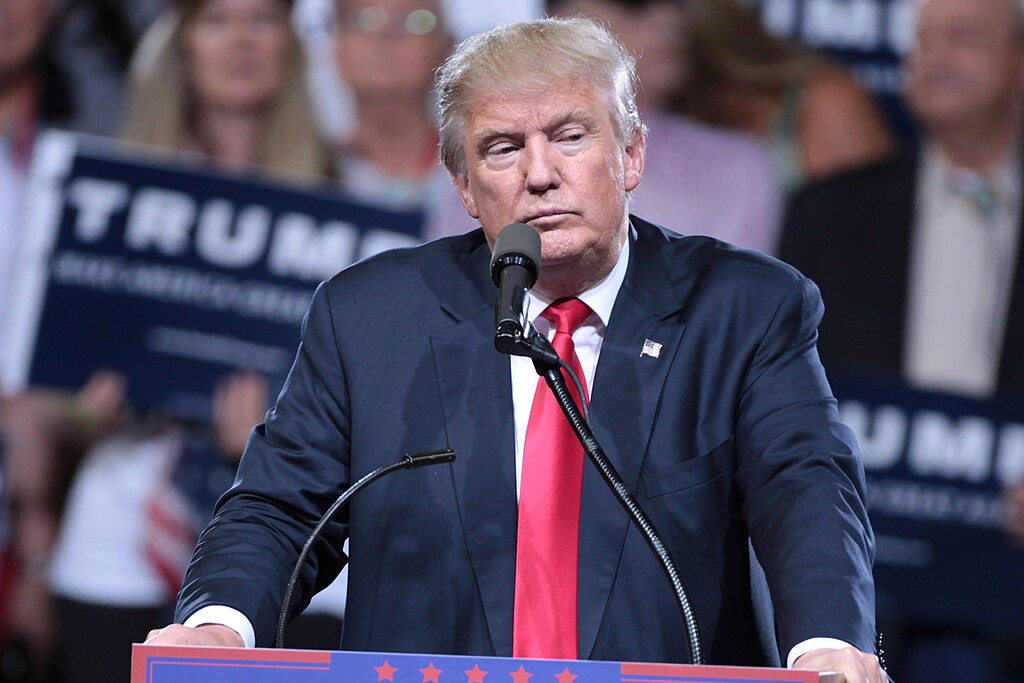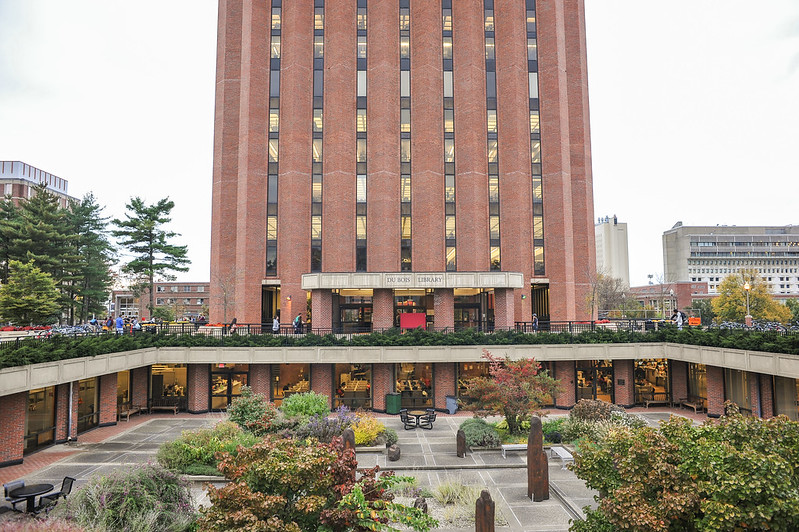
Not surprisingly, the face of the newly inaugurated United States’ 114th Congress is a face of privilege: male, white, Christian and wealthy. What does this mean for citizens who do not fit these criteria?
It means that the rest of us are severely underrepresented in lawmaking in a country that considers itself the ultimate upholder of democratic values.
According to The Washington Post, about 80 percent of the members of the 114th Congress are men while only 20 percent are women. Of course, this does not reflect our nation’s reality. Women are not a minority in American society, making up just over half of the population and 64 percent of the electorate. Yet in Congress, the voices of women are far and few between. Drastic underrepresentation aside, this number has increased from nearly zero in the 1960s, but has gone up only slightly in the past 15 years.
As for race, House members are 79.8 percent white, and the Senate is 94 percent white. Only 10.1 percent of the House and two percent of the Senate is black, 7.8 percent of the House and 3 percent of the Senate is Hispanic, and 2.3 percent of the House and one percent of the Senate is Asian.
According to Pew Research Center data, people without religious affiliations are also hugely underrepresented in Congress. While 20 percent of Americans do not have religious affiliations, only 0.2 percent of Congress, one Congresswoman, reflects this trend. While 92 percent of Congress is Christian, 73 percent of American adults consider themselves Christians.
Half of representatives in Congress are millionaires, while one in sixteen households are worth one million dollars.
I should also mention that the 114th Congress is also the most diverse Congress in American history.
Lack of diversity in the legislature is an issue because it means that the interests of these underrepresented groups may not be heard or considered by lawmakers. This is not a liberal or conservative issue; it is a serious flaw in our democracy. In theory, lawmakers should represent voters, but when mainly wealthy white Christian males dominate the political scene, the views of others (minorities, women, non-Christians or the middle class) may be illegitimated.
Whether this illegitimization is intentional or not is not the question. American dissatisfaction with lawmakers is evident, and this may be a result of privileged lawmakers’ disconnection from the American public.
Voter turnout is decreasing, and it may be because individuals consider their votes to be insignificant. Only 36.6 percent of eligible voters actually voted in the 2014 midterm election, and only 22 percent of voters were minorities. When citizens do not see their votes making impacts or when their concerns are not reflected through lawmaking, there is no reason to vote, representing a flaw democracy that does not truly reflect citizens’ views.
Disapproval of Congress is extreme. According to a Dec. 2014 Gallup poll, only 16 percent of people approve of “the way Congress is handling its job,” and 81 percent of people in September 2014 said that most Congress members were out of touch.
Americans are clearly dissatisfied and underrepresented in Congress, but how can this be fixed? Creating more incentives to vote (such as a tax deductions for voters) could result in higher voter turnout but may not change citizens’ approval ratings of Congress. But if more eligible voters participated in elections, there may be more responsibility inherently placed on Congress members. For example, issues regarding race would need to be considered more heavily since the number of constituents would increase and would hopefully be more diverse.
The other solution is simply encouraging more diversity in politics by improving education, particularly in urban areas with failing school systems and large minority populations. Reducing the cost of higher education could also allow more minorities and middle or lower-class citizens to receive a college diploma. This may improve economic inequality by assuring that a quality education is not only intended for wealthy white children, but for everyone (hence President Obama’s recent proposal to make community college free). This could eventually allow for more political representation and increased voter turnout because educated citizens are more likely to vote.
The new Congress may be the most diverse in American history, but this does not even come close to representing the demographics of our society. This lack of diversity and abundance of wealth in politics may be contributing to Americans’ dissatisfaction with lawmakers. In an improved democracy, I must hope that as a woman, my vote starts to become more valuable.
Brianna Zimmerman is a Collegian columnist and can be reached at [email protected].

















